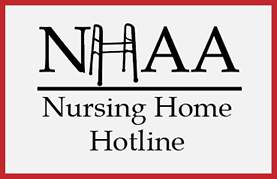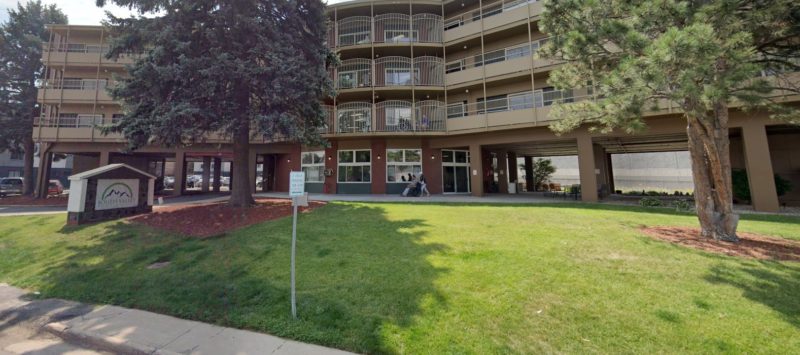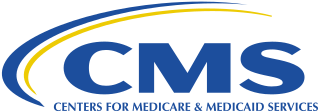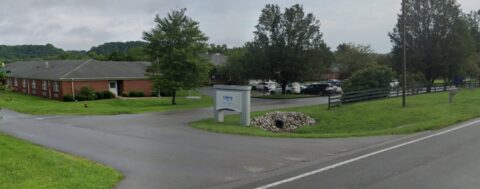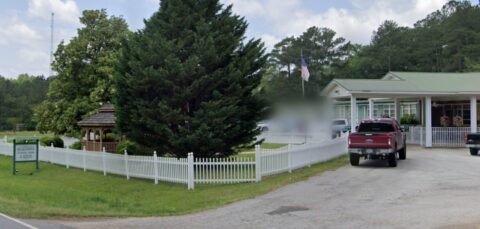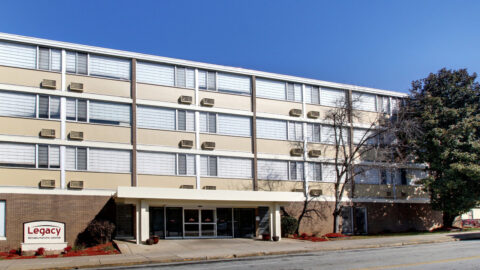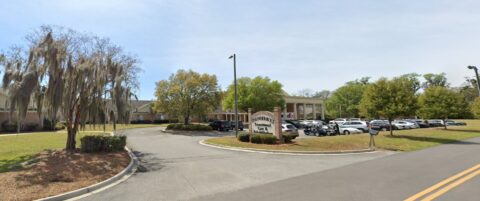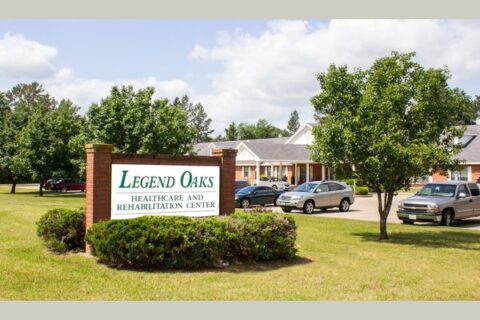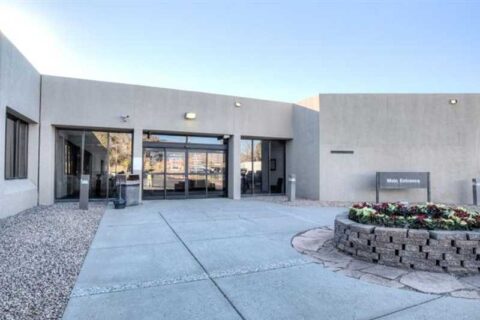State Findings:
The Fall Management policy was received from the director of nursing (DON) on [DATE] at 3:00 p.m. The policy documented in pertinent part: When a resident is found on the floor, the facility is obligated to investigate to determine how the resident got there and put into place an intervention to minimize it from recurring.
Resident #198, age 70, was admitted to the facility on [DATE]. He was at risk for falls. The assessment documented he had no falls since admission. However, this was not accurate, as the resident had fallen on [DATE] (see below). He was occasionally incontinent of bowel and bladder, and used a walker for mobility. His balance was unsteady. He was on oxygen.
On [DATE] at 11:25 p.m. the licensed practical nurse (LPN) documented that around 10:15 p.m., the resident was found on the floor in a sitting position, close to the bathroom door. The registered nurse (RN) supervisor was notified and performed a head to toe assessment; there was no noted injury.
The neurological check assessments dated [DATE] at 10:15 p.m. were reviewed. The neurological checks were incomplete (cross reference F684 quality of care). The neurological checks did not include the level of consciousness, pupil or eye signs, eye, motor or verbal response. The neurological checks documented multiple low blood pressures. There was no documentation that addressed the resident’s low blood pressure, or concerns for falls (cross-reference F684). There was no fall risk assessment completed on admission or after the fall on [DATE].
On [DATE] at 4:51 a.m., an SBAR note documented the resident had an unwitnessed fall and sustained injury. The document revealed resident was found on the floor by his bedside. Sustained a deep cut and bump to the left side of his face. RN supervisor was notified, she came and assessed, resident is alert and oriented times two, able to follow commands. Wound was treated, the resident continues to bleed from wound sites, RN supervisor encouraged to send the resident to the emergency room for further evaluation.
Resident #198’s family was interviewed on [DATE] at 3:28 p.m. The family member said Resident #198 had fallen at the facility from a raised bed, hit his head, and passed away at the hospital. She said the resident was at risk for falling and the facility should have known he was at risk. The family member said the resident had suffered a stroke in the past and had memory loss. She said she did not believe the resident was capable of raising the bed using the bed control by himself. She said she had received a copy of the coroner’s report that documented the resident had died from [MEDICATION(S)] force trauma to the head due to an accident at the nursing home.
The director of nursing (DON) was interviewed on [DATE] at 9:19 a.m. She said she did not have an investigation. There was no investigation regarding who (resident or staff ) raised the bed, whether the resident could use his call light, was the call light in reach, was the call light on when he fell, when the resident was last checked, how often had he been checked. She said, I don’t see that we did anything after his first fall on [DATE]; we did not update the care plan.
Your Experience Matters
...and we want to hear it.
NHAA is here to assist families, residents, and the community by sounding the alarm on issues like those found above. This nursing home and many others across the country are cited for abuse and neglect.
If you have or had a loved one living in this nursing home or any other nursing home where you suspect any form of abuse or neglect, contact us immediately.
We have helped many already and we can help you and your loved one as well by filing a state complaint, hiring a specialized nursing home attorney or helping you find a more suitable location for your loved one.
You can make a difference, even if your loved one has already passed away.
Please give us a call at 1-800-645-5262 or fill out our form detailing your experience.
Personal Note from NHA-Advocates
NHAA shares with all the families of loved ones who are confined to nursing homes the pain and anguish of putting them in the care of someone else. We expect our loved ones to be treated with dignity and honor in the homes we place them. We cannot emphasize enough to family members of nursing home residents; frequent visits are essential to our loved ones’ well-being and safety.
If you are struggling and upset, click here to understand your options, or contact us through our contact form or call our toll free hot line number: 1-800-645-5262.
